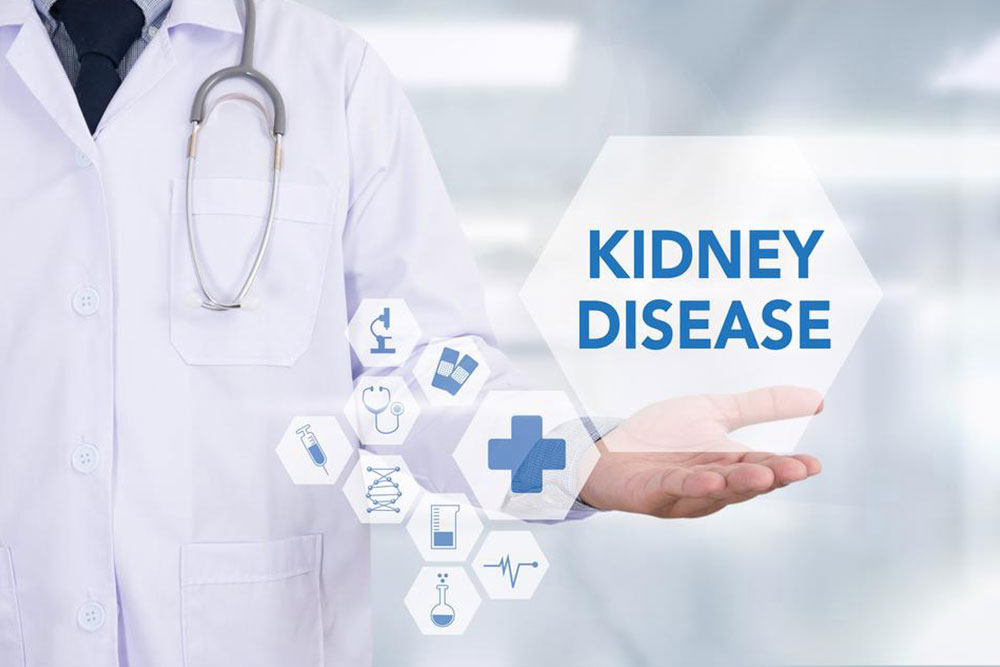Understanding Stage 3 Kidney Disease and Its Management
Stage 3 kidney disease marks significant loss of kidney function with early symptoms like fatigue and swelling. Proper diagnosis, dietary adjustments, and medical care are essential to slow disease progression and prevent further complications, possibly avoiding dialysis in the future.
Sponsored

Chronic kidney disease (CKD) refers to the gradual decline of kidney function caused by injury or health issues like hypertension and diabetes. Damaged kidneys can't effectively filter blood or perform vital roles such as fluid balance, hormone regulation, blood pressure control, and red blood cell production. When CKD progresses to stage 3, approximately half of kidney function is lost, leading to symptoms like fatigue, swelling, and changes in urination. Early intervention is crucial to slow disease progression and prevent severe damage, which may eventually require dialysis or transplant.
CKD Stages and Symptoms
CKD advances through five stages, with stage 1 being mild and stage 5 requiring dialysis. Stage 3 manifests noticeable symptoms, such as fatigue, water retention, breathlessness, swelling, and changes in urine appearance and frequency, including foamy urine or dark coloring. Patients might also experience back pain and sleep disturbances due to muscle cramps or restless legs. Recognizing these signs early helps in managing the condition effectively and delaying further damage.
Effective management involves consulting healthcare providers promptly. Dietary modifications play a vital role, with recommendations including controlled intake of potassium and protein, as well as reducing saturated fats to manage cholesterol. Although there's no cure for CKD, lifestyle and dietary adjustments can significantly slow its progression, allowing individuals to maintain better health and quality of life.






